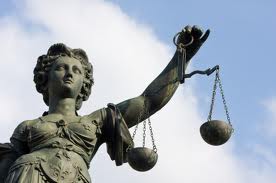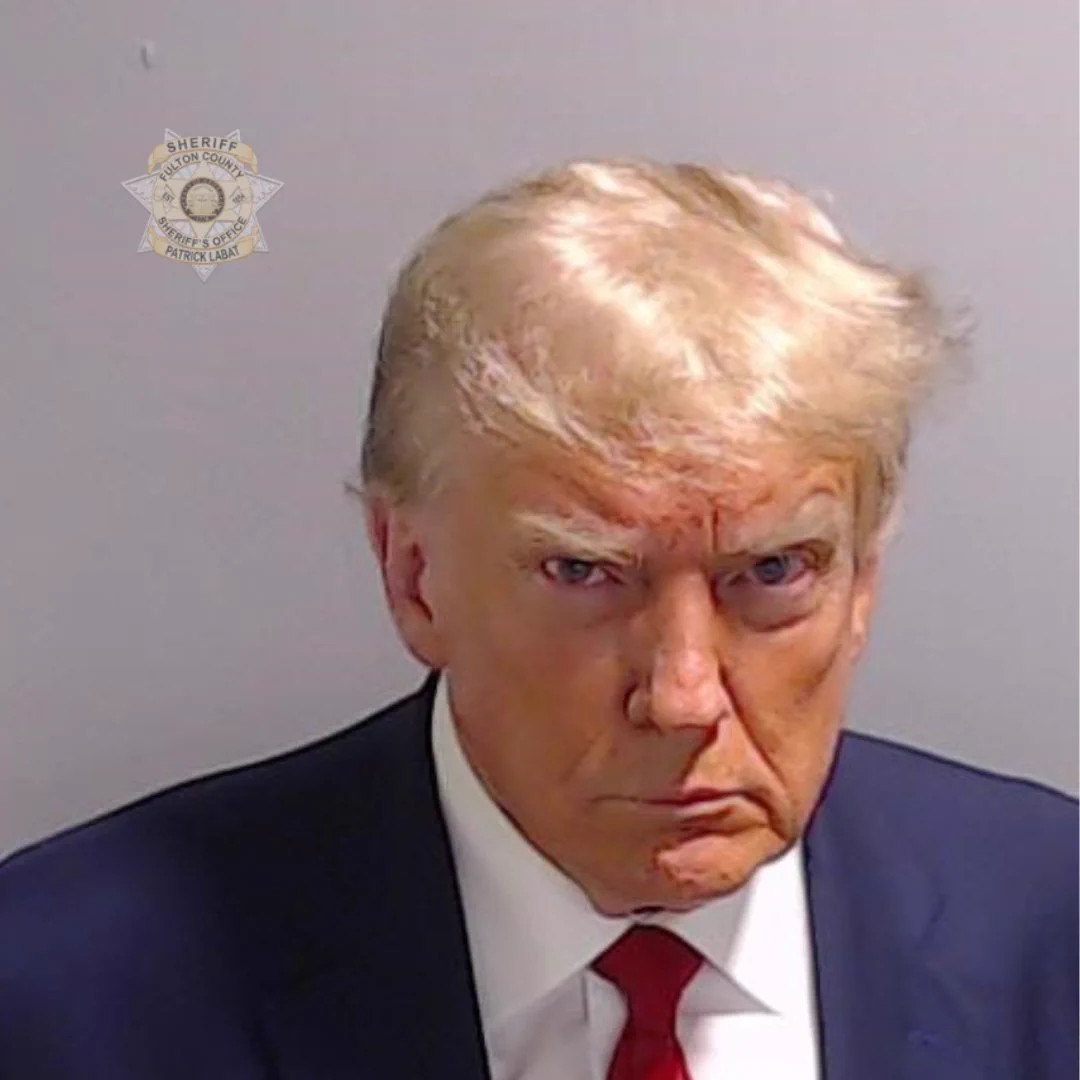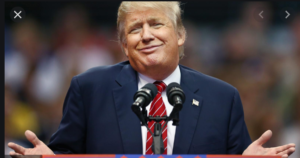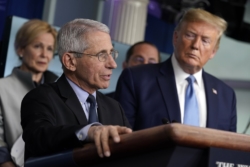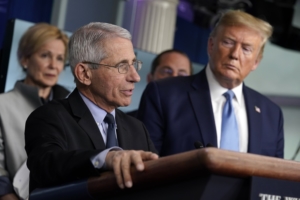Seventh Circuit Panel Allows Trump To Assault Chicago Residents
On November 6 District Court Judge Sara Ellis issued a preliminary injunction barring the federal government from attacking Chicago residents engaged in lawful protests. Judge Ellis also certified a class for this litigation. It consists of
All persons who are or will in the future non-violently
demonstrate, protest, observe, document, or record at Department of Homeland Security immigration enforcement.
The defendants sought a stay pending appeal. On November 19, a panel consisting of Michael Brennan, Frank Easterbrook, and Michael Scudder complied, freeing Trump’s goons to attack us without restraint.
The facts of the case are well known. Masked thugs are caught on camera shoving protesters to the ground and zip-tying them, shooting people with pepper balls, teargassing kids, holding people for hours without charges, and much much more. The evidence is set out in a detailed and very long Opinion and Order entered by Judge Ellis on November 20.
The legal standards for issuance of a preliminary injunction are also well known, at least they used to be before John Roberts and the Fash Five held that Donald Trump cannot be held accountable for breaking the law or violating the Constitution in Trump v. US and then drastically slashed the power of the judiciary to restrain law-breakingl in Trump v. CASA.
The Seventh Circuit Rationale
The panel says that the defendants are likely to succeed on the merits.
A. The order is overbroad
1. The Injunction binds the named defendants, their lawyers and people acting in concert with the defendants. Too broad?
That’s simply absurd. Of course the order binds the defendants and those acting for or in concert with them. They were duly served. They engaged in motion practice, participated in discovery, and appeared at the hearing. They had a full opportunity to be heard. They were found to have violated the constitutional rights of the class members. Perhaps in the future, these three can explain exactly why defendants shouldn’t be enjoined from breaking the law.
2. The panel coplains that the Injunction requires “… the enjoined parties to submit for judicial review all current and future internal guidance, policies, and directives regarding efforts to implement the order….”
No it doesn’t. Here’s the relevant section:
6. It is further ORDERED that Defendants shall issue guidance to officers and agents to implement this Order. Defendants shall file with this Court such guidance and any directives, policies, or regulations implementing the guidance within 5 business days of issuance of the Order, with a continuing obligation to immediately file with this Court any subsequent changes or revisions to that guidance or implementing directives, policies, or regulations through the period of this Order.
This doesn’t call for judicial review. It prevents the defendants from hiding their non-compliance from the attorneys for the class members.
3. The order is too “prescriptive”. “For example, it enumerates and proscribes the use of scores of riot control weapons and other devices in a way that resembles a federal regulation.”
Apparently the panel didn’t realize the extent of the duplicity of the defendants and their lawyers who routinely claim innocence because an order is not precise. For example, the head of the Customs and Border Patrol, Greg Bovino, wrangled with Judge Ellis in open court about the number and location of identifying marks on the costumes of his agents.
Or perhaps the panel thinks one or more of the identified weapons is just fine. Here’s a short list of some of them from §1,c if the Injunction:
… kinetic impact projectiles (KIPs), Compressed Air Launchers (e.g., PLS and FN303), Oleoresin Capsicum (OC) Spray, CS gas, CN gas, or other chemical irritants, 40 mm Munitions Launchers, less-lethal shotguns, Less-Lethal Specialty Impact-Chemical Munitions (LLSI-CM), Controlled Noise and Light Distraction Devices (CNLDDs), Electronic Control Weapons (ECWs)
B. Standing
The panel says the class members have no reason to fear imminent future harm. They should just wait around and see if any federal agents beat them senseless or tear gas their eighborhood. The panel says they know from media accounts that Bovino and his goon squad are gone, so why worry? Perhaps they missed the media reports of violations of the Injunction by defendants within a week of issuance.
Border Patrol and Immigration and Customs Enforcement agents are accused of firing pepper balls at moving vehicles, deploying tear gas and flash bangs in Little Village [a heavily Hispanic neighborhood] and exposing a 1-year-old and her family to chemical munitions as they traveled to a local warehouse store {they shot chemical weapons through the window of the care with the child in the back seat.].
But sure, this insane suggestion is warranted.
C. Irreparable harm to defendants.
The panel quotes this obscene sentence from Trump v. CASA: “Any time that the Government is enjoined by a court from effectuating statutes enacted by representatives of its people, it suffers a form of irreparable injury.” Does this authorize Trump’s goons to violate people’s Constitutional rights as long as they claim to be enforcing a statute? Apparently these judges think if Trump claims to be enforcing the law, it’s a terrible harm to, I don’t know, maybe government agents, if they can’t violate our constitutional rights.
D. But maybe they’ll issue their own order
The panel assures us that maybe some day they’ll read the record and think up their own order. They ignore the massive effort put in by Judge Ellis and her staff (special shout-out to her clerks and office staff for the clear and coherent opinions and orders, since the panel just dismissed all of their work.)
I know I speak for the toddlers and families in Little Village, Belmont-Cragin, Albany Park and the rest of my beautiful city when I say how grateful we are for their willingness to at least consider protecting us from chemical attack.
The Bigger Picture
Now Bovino and his goon squad have moved on to Charlotte, Raleigh-Durham, Chapel Hill, and other Democratic cities in North Carolina. They’re using the same tactics. One of the incidents in this story is a Kavanaugh Stop: “… an agent smashed in the window of a US citizen’s truck and the man, who is Hispanic, was temporarily detained.” This is a clear example of the indifference of the judiciary to individual Constitutional rights under the rules set by John Roberts and the other anti-democratic members of SCOTUS.
The only rights the SCOTUS majority will protect are those of the Imperial President.
=======
Update: I had a suspicion that the panel just typed up a couple of sentences from the defendant’s’ motion. Here’s a link to the 24 page motion and a very long appendix. The brief is signed by Brett Shumate and Yaakov Roth, among others, from DoJ. These guys think they are free to assault my neighbors with no restraints. The ugly tone of this motion is, to my perhaps prejudiced eye, mirrored by the ugly tone of the panel.

